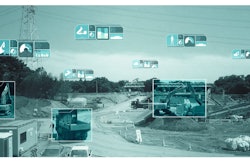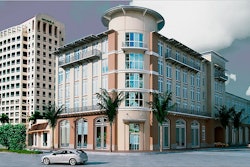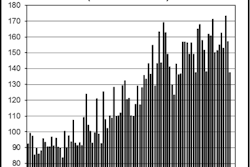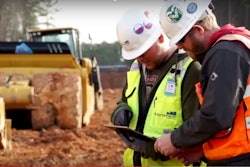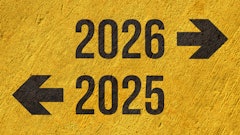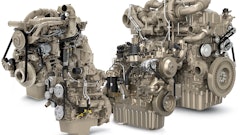
Starting January 1st in California, the DMV will begin collecting a Transportation Improvement Fee ranging from $25 to $175 when Californians register their vehicles, or renew their registration, to fund the Road Maintenance and Rehabilitation Program, the much-vaunted Senate Bill 1 authored by state Sen. Jim Beall (D-San Jose).
This Road Maintenance and Rehabilitation Program was designed to address deferred maintenance on the state highway system and the local street and road system.The bill requires the California Transportation Commission to adopt performance criteria, consistent with a specified asset management plan, to ensure efficient use of certain funds available for the program. The bill provides for the deposit of various funds for the program in the Road Maintenance and Rehabilitation Account, which the bill would create in the State Transportation Fund, including revenues attributable to a $0.12 per gallon increase in the motor vehicle fuel (gasoline) tax imposed by the bill with an inflation adjustment, as provided, 50% of a $0.20 per gallon increase in the diesel excise tax, with an inflation adjustment, as provided, a portion of a new transportation improvement fee imposed under the Vehicle License Fee Law with a varying fee between $25 and $175 based on vehicle value and with an inflation adjustment, as provided, and a new $100 annual vehicle registration fee applicable only to zero-emission vehicles model year 2020 and later, with an inflation adjustment, as provided.
The bill also was responsible for the fuel excise tax increase that took effect on November 1, 2017, the transportation improvement fee takes effect on January 1, 2018, and the zero-emission vehicle registration fee takes effect on July 1, 2020.
This bill would annually set aside $200,000,000 of the funds available for the program to fund road maintenance and rehabilitation purposes in counties that have sought and received voter approval of taxes or that have imposed fees, including uniform developer fees, as defined, which taxes or fees are dedicated solely to transportation improvements. These funds would be continuously appropriated for allocation pursuant to guidelines to be developed by the California Transportation Commission in consultation with local agencies.
The bill requires $100,000,000 of the funds available for the program to be available annually for expenditure, upon appropriation by the Legislature, on the Active Transportation Program. The bill requires $400,000,000 of the funds available for the program to be available annually for expenditure, upon appropriation by the Legislature, on state highway bridge and culvert maintenance and rehabilitation.The bill also requires $5,000,000 of the funds available for the program that are not restricted by Article XIX of the California Constitution to be appropriated each fiscal year to the California Workforce Development Board to assist local agencies to implement policies to promote pre-apprenticeship training programs to carry out specified projects funded by the account.
The bill requires the remaining funds available for the program to be allocated 50% for maintenance of the state highway system or to the state highway operation and protection program and 50% to cities and counties pursuant to a specified formula. The bill would impose various requirements on the department and agencies receiving these funds. The bill would authorize a city or county to spend its apportionment of funds under the program on transportation priorities other than those allowable pursuant to the program if the city’s or county’s average Pavement Condition Index meets or exceeds 80.
Read the full bill here.




